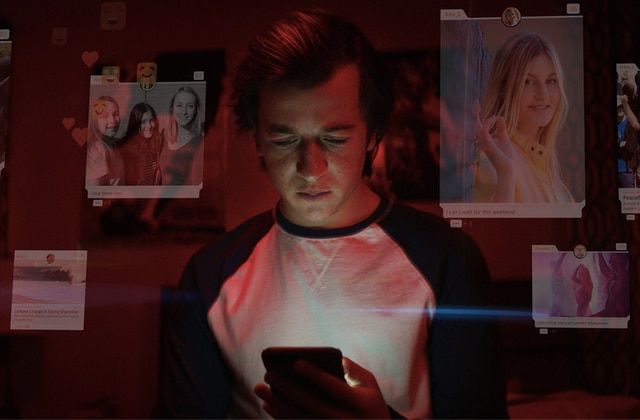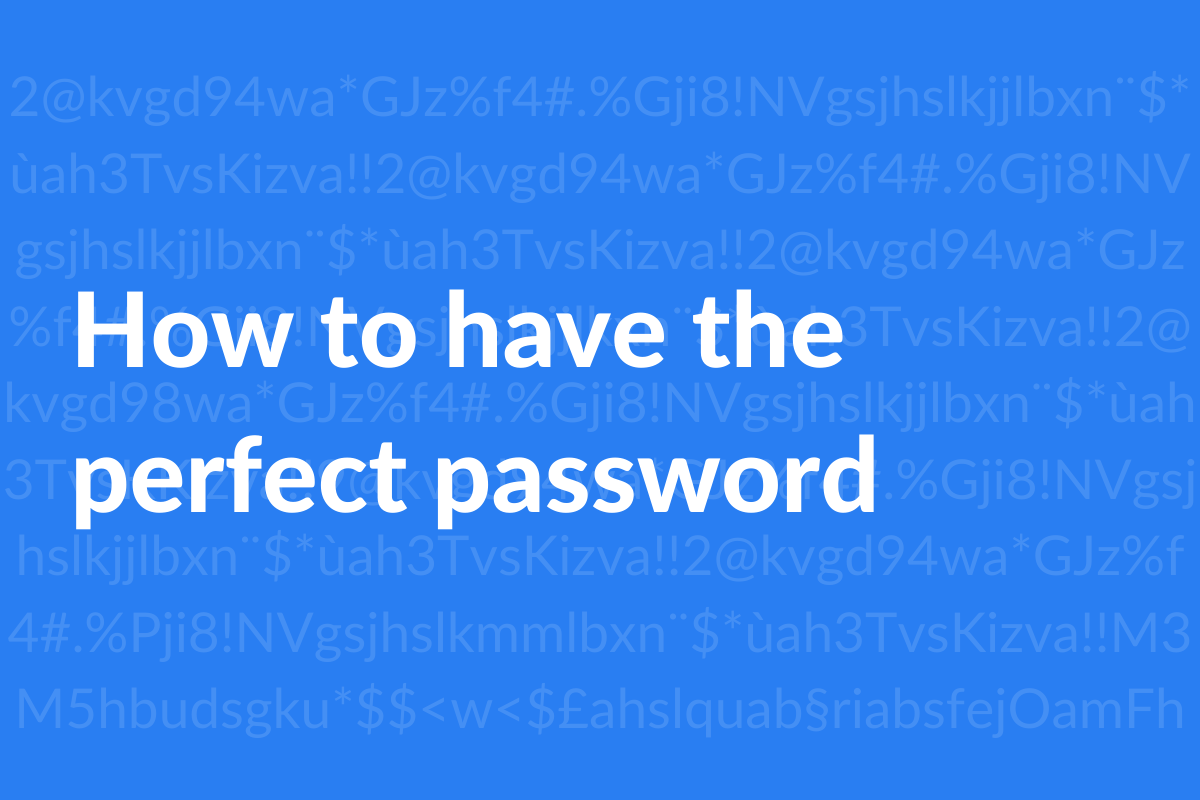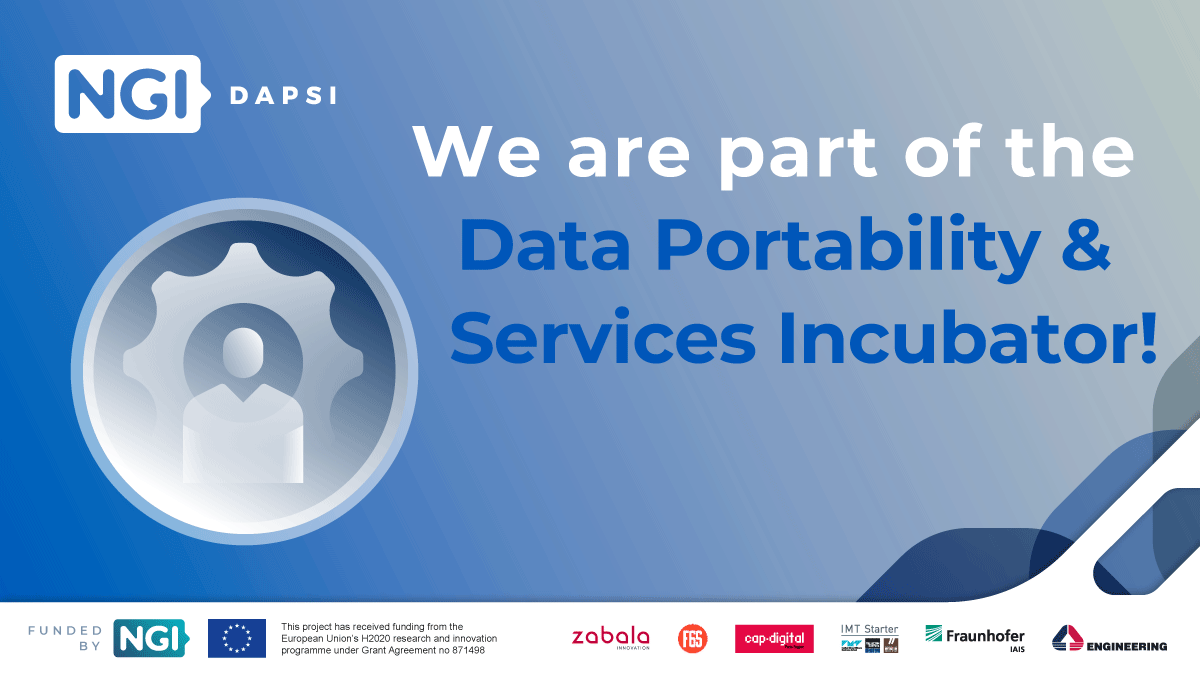This article is also available in French.
The documentary The Social Dilemna produced by Netflix focuses on the sordid aspects of our ultra-connected lives and it's bound to be disturbing.
Between the docu-reality that features a contemporary family and inlays by experts, this film dissects the workings of social networks. At a time when Whatsapp is changing its terms and conditions of use, it's always instructive to understand why... The interviewees, some of whom are still working in this field, express themselves on the current consequences of technology (interference in elections and disinformation that is growing exponentially) and draw a dark picture of the future that awaits us if we don't change our habits.
As is often the case in this type of documentary or docu-drama, producers do not skimp on the means to hammer their message. On the program: an anxiety-provoking soundtrack, poignant scenes and hard-hitting statistics that seem to be attributable to social networks.
Nevertheless, apart from this debate on the real place of the Internet and social networks in the evils of our time, this film paints a very accurate picture of how technology has shaped the modern world. Here's what we need to remember about The Social Dilemna :
If it's free, you are the product
Contrary to the adage, which fortunately is now beginning to erode, free services (search engines, social networks, etc.) are not aligned with the interests of its users. The Social Dilemna, social media platforms are companies that use a three-step business model :
Commitment: the goal is to capture your attention in the application
Who doesn't remember the former Google employee Tristan Harris who became an active activist and an alarm bell about the manipulation of our minds by tech giants.
Growth: the goal is for you to invite your friends and family to join the application.
Advertising: the goal is to offer you advertising in the application.
For a user, these three "acts" provide a better understanding of how different platforms and applications work. Their purpose is to hold our attention as long as possible, to encourage us to invite others and to expose us to advertisements as we use them. On this last point, it is important to note that advertisers do not aim to generate immediate sales. Indeed, as explained in the documentary Jaron Lanier, a pioneer of virtual reality, social networks have the ability to gradually and imperceptibly change our consumption habits.
Advertisers use this power to modify and predict our future actions, which amounts to influencing our behaviours.
For Shoshana Zuboff, PhD student and author of The Age of Surveillance Capitalism, "Internet actors speculate on the future behavior of users" as some companies do on the price of oil. We tend to focus all our attention on the management of personal information. Yet the most valuable asset for these platforms is our behavioral data.
All our online activity is "dissected"
The Social Dilemna reminds us that no action taken online goes unnoticed: the giants of the Internet know what we consult and how long we consult it. When we browse online, algorithms study our activity to find out how to capture our attention. These results then allow them to make us stay longer on the sites and applications we use. It is thanks to this that advertisers can understand each person's habits and use them to their advantage.
When a handful of people decide for us...
We then imagine that the Internet is controlled by a divine force pulling the strings... no, it is not Gods but a handful of individuals who execute, participate in increasing the number of users, in monetizing their data.
This documentary features Justin Rosenstein, former engineer for Google and Facebook and co-creator of the "Like" button. This initially seemingly innocuous invention, originally designed to increase commitment, is now a global symbol of recognition that, for many users, has a direct impact on their self-esteem. Justin Rosenstein admits that at the time they had no idea of the consequences that could ensue... It reminds me of another Tristan... Nitot, ex-Mozilla, Cozy Cloud and Qwant who spoke about the dopamine generated by this famous button in one of his famous lectures.
Internet widens the gap on divisive issues
On the Internet, the current discourse reflects an increasingly divided society, especially on divisive issues. On this point, the mechanisms (or algorithms) that govern social networking platforms are being singled out. As we have seen above, these platforms seek to capture your attention for as long as possible. To do this, they use algorithms that analyze your behavior when dealing with different types of content. Thanks to the data collected, the service can then offer you new information and publications that may be of interest to you.
To illustrate this point, the documentary The Social Dilemna takes the example of videos of conspiracy theories and the role played by social media in the rise of their crazy theories, the latest conspiracy theories around the non-re-election of Trump or the Qanon phenomenon in the United States. When a video ends, platforms such as YouTube automatically suggest new content: users are then "hypnotized" by a continuous flow of information going in the same direction. This uninterrupted cycle of suggestions is often managed by an algorithm that will not try to find out if the suggested content is true. However, some platforms, such as Twitter, have deployed fact-checking software to combat this phenomenon. When a publication is considered "dubious" by such a tool, a warning message is displayed. Unfortunately, this is sometimes not enough to stop the problem. Misleading information is everywhere on the Web, so every claim, however far-fetched, is bound to be corroborated somewhere on the Internet. The result? The result is that users on both sides of the web are increasingly distancing themselves from each other and the gap is widening.
You should also be aware that the search bar in browsers takes into account your usage history. For example, Google's auto-suggest feature means that if a user types "flat earth" into the search bar, the suggestions displayed will be influenced by their usage behavior, geographic location, and the data Google has collected about them.
Faced with this reality, some experts interviewed in The Social Dilemna are very pessimistic about future consequences, citing the possibility of civil war - the recent intrusion into the Capitol in Washington proves it.
But then what to do?
Not everything is to be thrown away with the bath water. Alternatives are emerging - the influx of Whatsapp users who have just changed their terms and conditions of use (to the benefit of its parent company Facebook) to the Signal messaging service is testimony to this collective awareness. This documentary offers advice on how to limit our addiction to social networks, twist the neck to misinformation and complicate the task of the algorithms that predict our behaviors.
To be less addicted to social networks, the best reflex is to deactivate your notifications, as advised by almost all the experts interviewed in this documentary.
-
Use a search engine that does not record your activity, such as Qwant, Duck Duck Go, StartPage...
-
Remove the Chrome extensions (which follow your behavior) and prefer the Firefox browser to Google's browser.
-
Do not click on recommended videos and click traps. #Resist
-
Cross-check the information of an article before sharing it and verify the reliability of its source.
-
Limit the amount of time spent on the screens each day (for adults and children alike).
-
Put your phone at the entrance of the house in silent mode (when you have finished your work day), unplug it during the night . Until about 15 years ago, we lived without social networks, without solicitations... So it's possible!
-
Choose tools that respect your privacy (Cozy Cloud is one of them but we are not alone and learn how to better control your data.
Of course, the ideal would be to delete all its social networks and other thieving applications of our time but let's go like Kaizen and its method of small steps. A habit sets in after 21 days and it's hard to get rid of the convenience offered by these "tools", especially at a time when telecommuting and the fall of the much-lamented "social relationship" is so common.
It's all about security
Start watching this documentary (on Netflix, to top it all off!) and listen and/or read other content that is just as rich in information and pedagogy, because the key word is digital education and its excesses.
-
Tristan Harris discusses The Social Dilemna in his excellent podcast on the attention economy "Your undivided attention"
-
Ted Talk by Tristan Harris "How a handful of tech companies control billions of minds everyday"
-
Securing your online activity by our team at Cozy Cloud
-
Why leave Whatsapp for Signal? by Tristan Nitot





